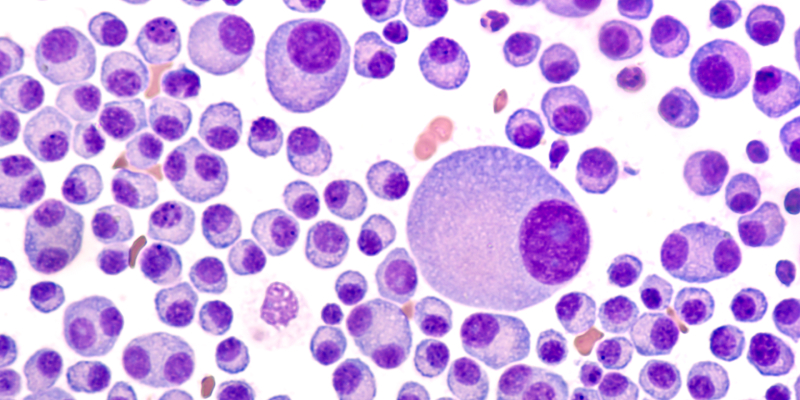
Patients with relapsed/refractory multiple myeloma (MM) treated with therapeutics targeting B-cell maturation antigen (BCMA) are at high risk of developing an infectious complication, according to a poster presentation at the 2022 American Society of Hematology Annual Meeting.
The researchers, led by Brian Hoeynck, MD, of the Department of Medicine at the University of Pennsylvania, conducted the study because “targeting BCMA can impair natural humoral immunity and increase infection risk,” but it is still unknown if such therapeutics “predispose patients to infection at higher frequency or with different characteristics than non-BCMA-targeted therapies.”
The single-center, retrospective study assessed patients with relapsed/refractory MM who started BCMA-targeted therapies or a selinexor-based treatment between November 2015 and May 2021. The study included data on patient demographics, MM characteristics, prior lines of therapy, neutrophil and lymphocyte counts, and response to therapy, as well as frequency, type, and severity of infections, quantitative immunoglobulins, and use of intravenous immunoglobulin (IVIG). Patients who had received serial BCMA-targeted therapies or both a BCMA-targeted therapy and selinexor were excluded.
Of the 134 patients included in the analysis, 112 received a BCMA-targeted treatment, and 22 received selinexor-based treatment. The BCMA-targeted treatments comprised 36 chimeric antigen receptor (CAR) T-cell treatments, 29 bispecific antibody treatments, and 47 antibody-drug conjugate (ADC) treatments.
Of the patients receiving BCMA-targeted treatment, 63 (56%) experienced at least one infectious complication (75% of CAR-T, 48% of bispecific antibody, and 47% of ADC patients) compared to six patients (27%) in the selinexor group. A total of 146 infections occurred in the 69 infected patients, with a mean of two, 2.9, 2.1, and one infections per infected patient in the CAR-T, bispecific antibody, ADC, and selinexor groups, respectively.
Of the infections in the BCMA-treated patients, 70% were considered low-severity (no treatment or oral treatment alone), and 30% were high severity (hospitalization, life-threatening, or fatal), with similar frequency of high-severity infections among patients receiving CAR-T, bispecific antibody, or ADC treatment. Four of six infections (67%) in the selinexor group were high severity.
Most (66%) of the low-severity infections were upper respiratory tract infections, while most high-severity infections were lower respiratory tract infections (54%) or bacteremia (22%). Low-severity infections were most commonly viral, while high-severity infections were more likely bacterial. Fungal infections were rare (n=2; both in CAR-T patients).
“Patients with relapsed or refractory MM treated with BCMA-targeted therapies are at high risk of developing an infectious complication, regardless of treatment modality, with many patients having multiple infections, and up to 30% developing high-severity infections,” the authors wrote. “These data demonstrate a need for optimizing strategies to prevent and treat infectious complications in relapsed/refractory MM patients receiving BCMA-targeted therapies.”
Reference
Hoeynck B, Hwang Wei-Ting, Garfall A, et al. Infectious complications of B-cell maturation antigen (BCMA)-targeted therapies for relapsed/refractory multiple myeloma. Abstract #4529. Presented at the 64th ASH Annual Meeting and Exposition; December 10-13, 2022; New Orleans, Louisiana.

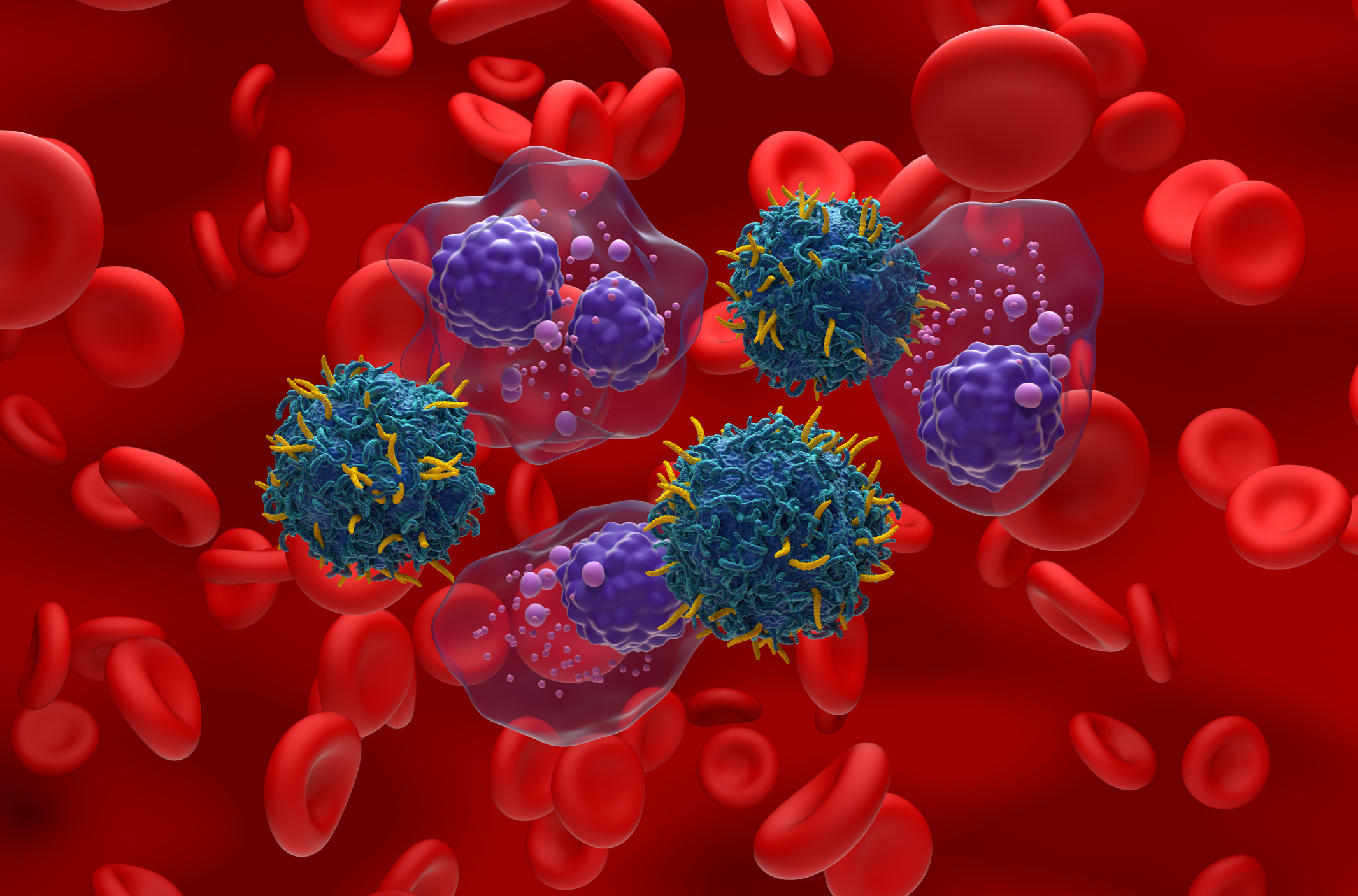
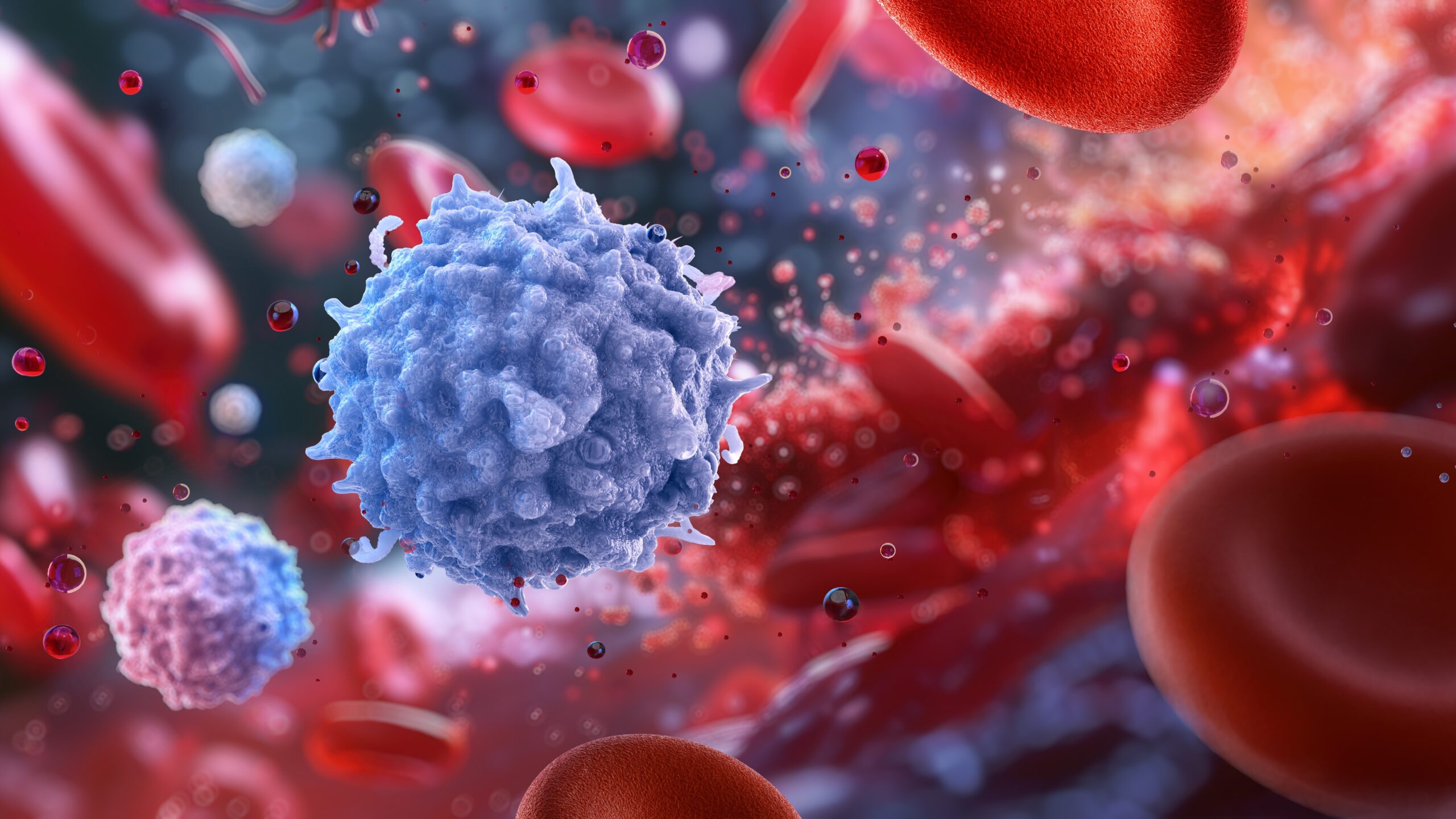
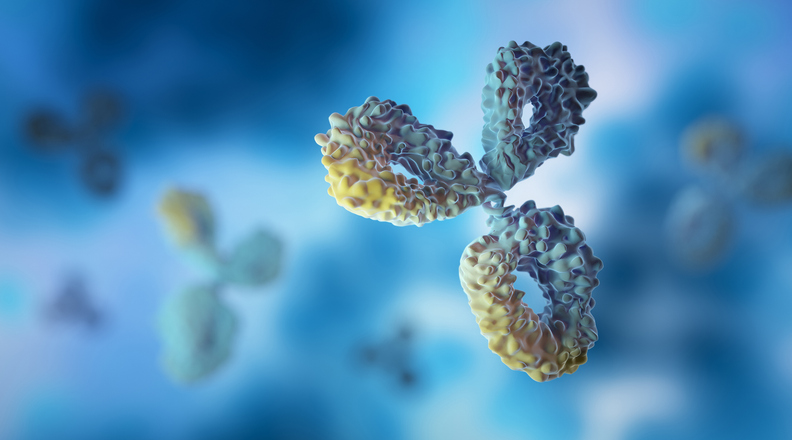
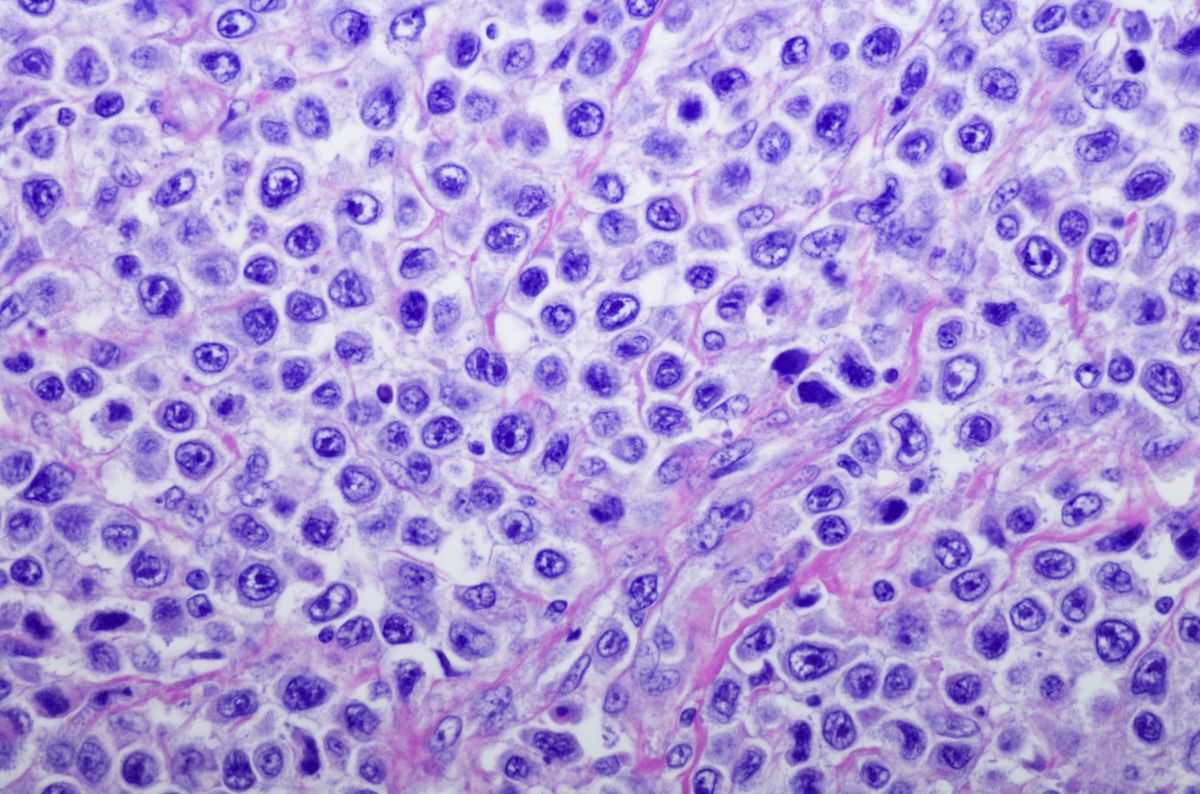

 © 2025 Mashup Media, LLC, a Formedics Property. All Rights Reserved.
© 2025 Mashup Media, LLC, a Formedics Property. All Rights Reserved.